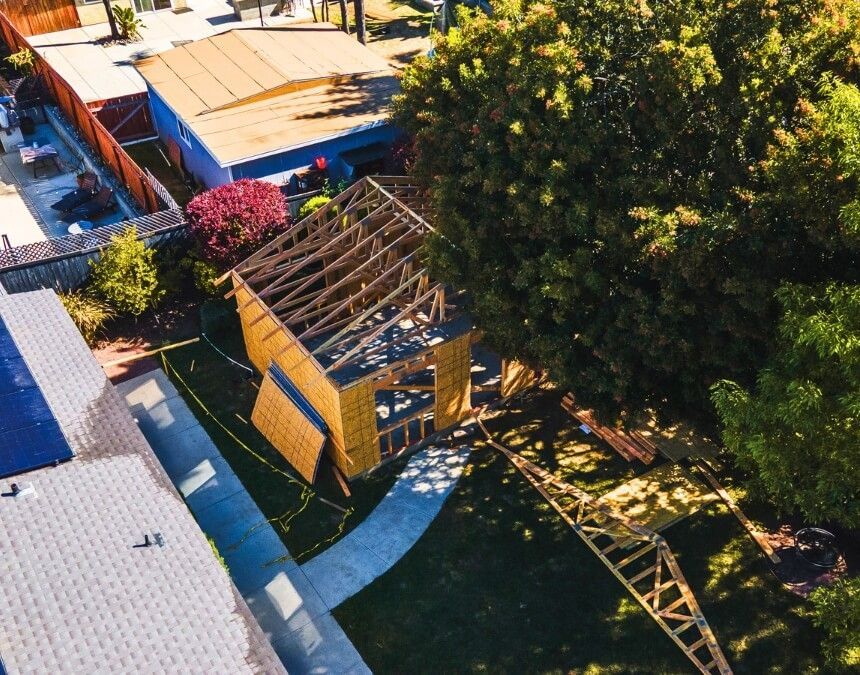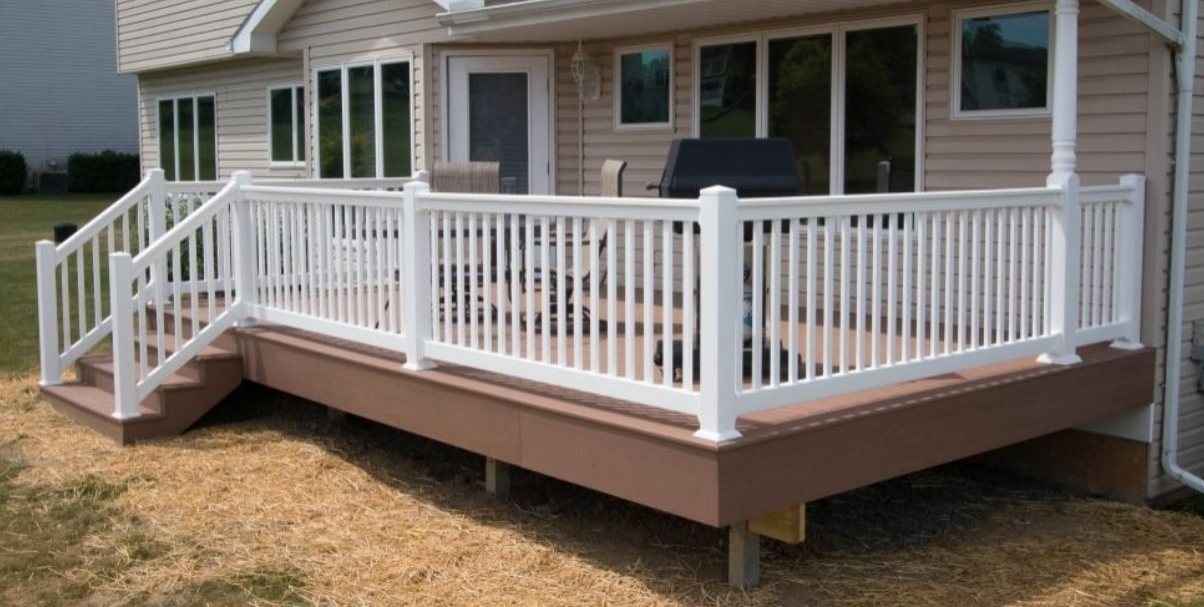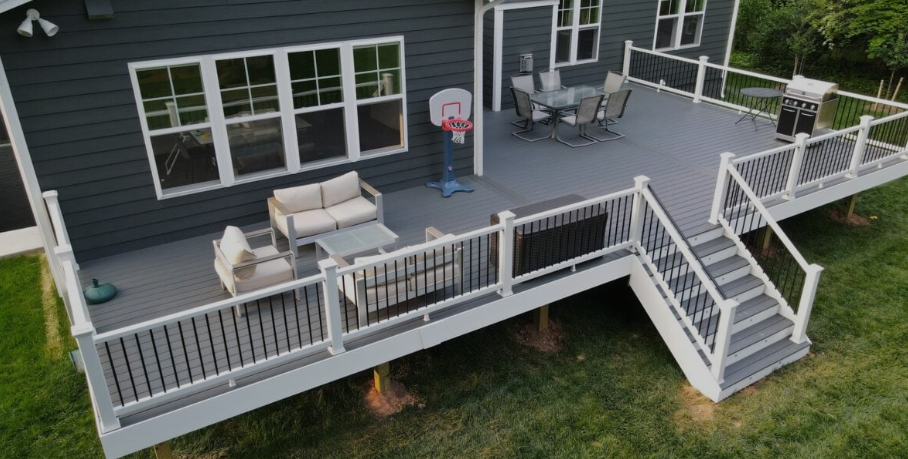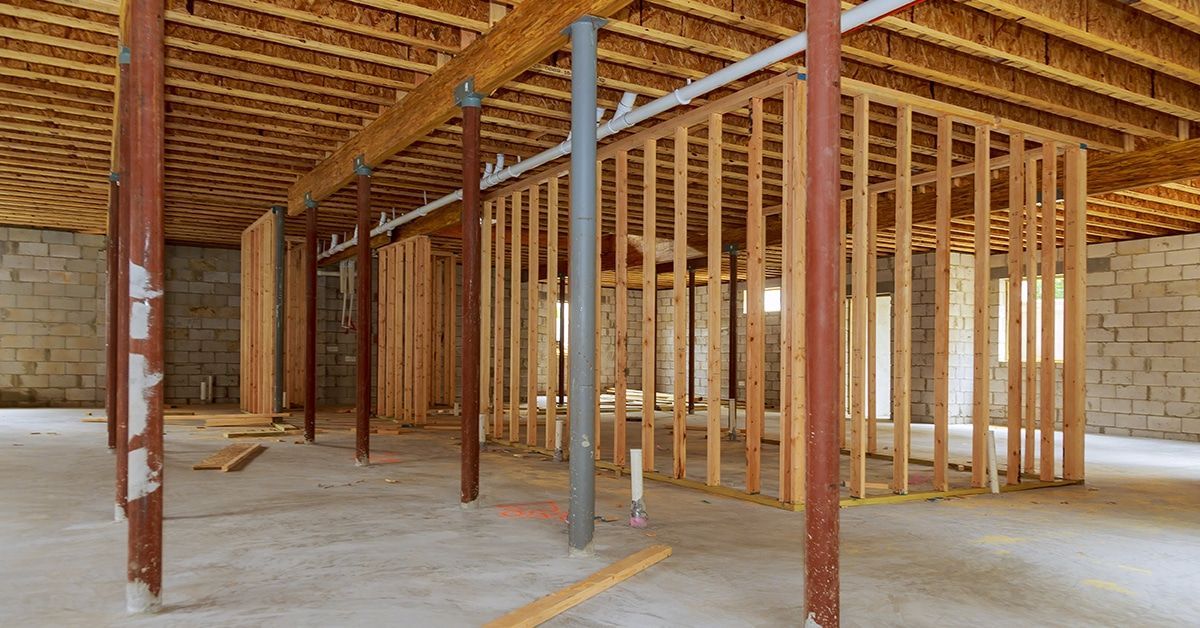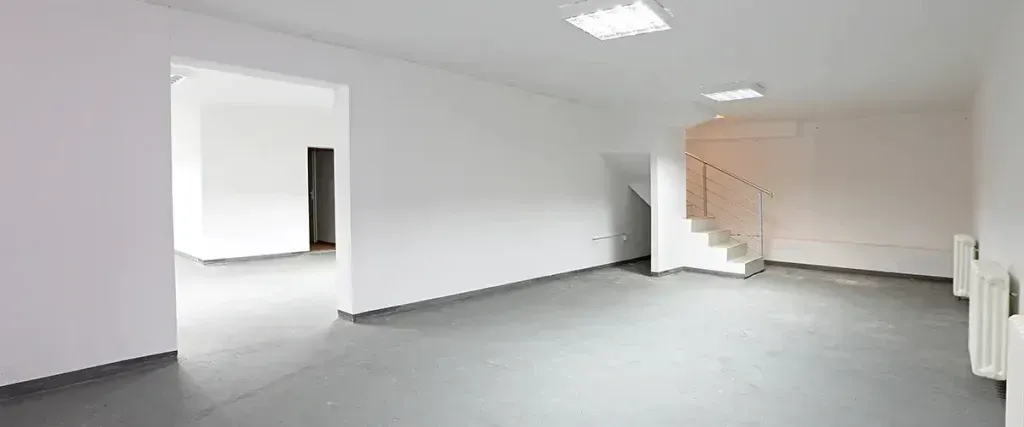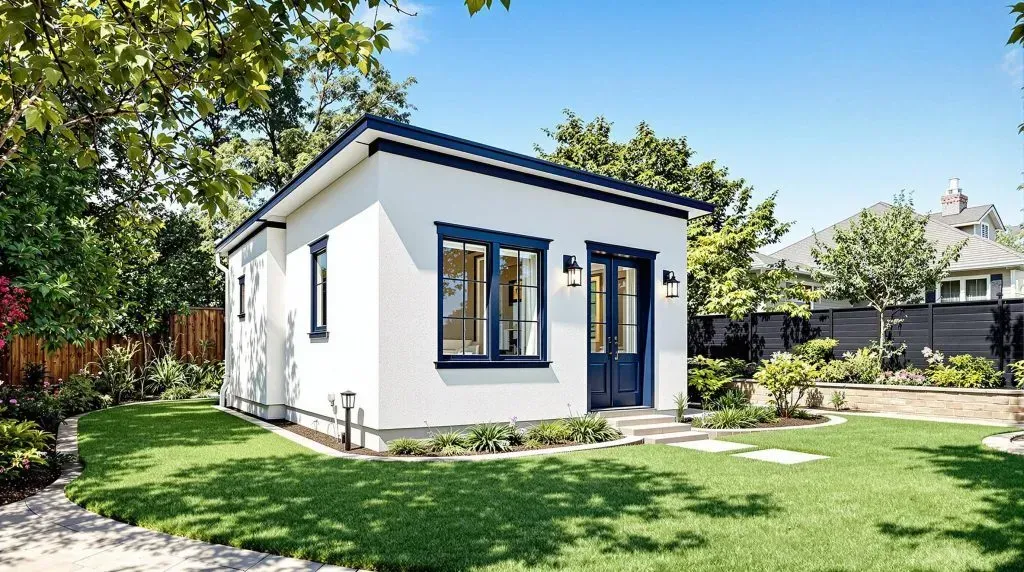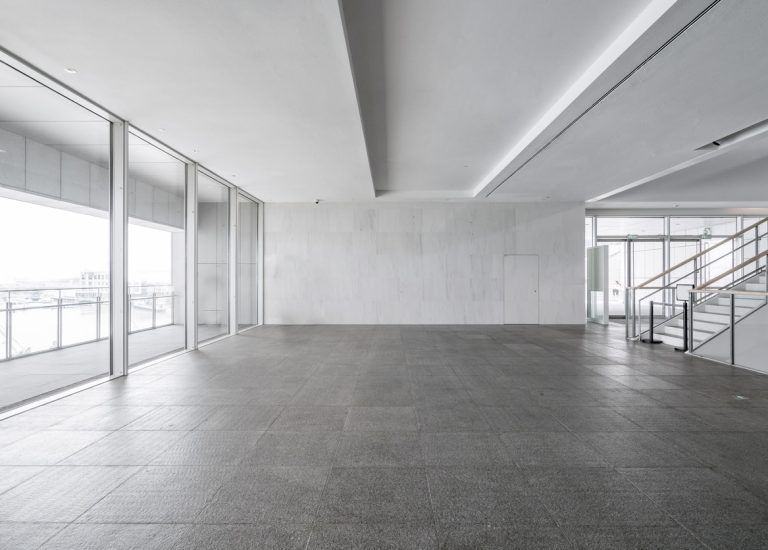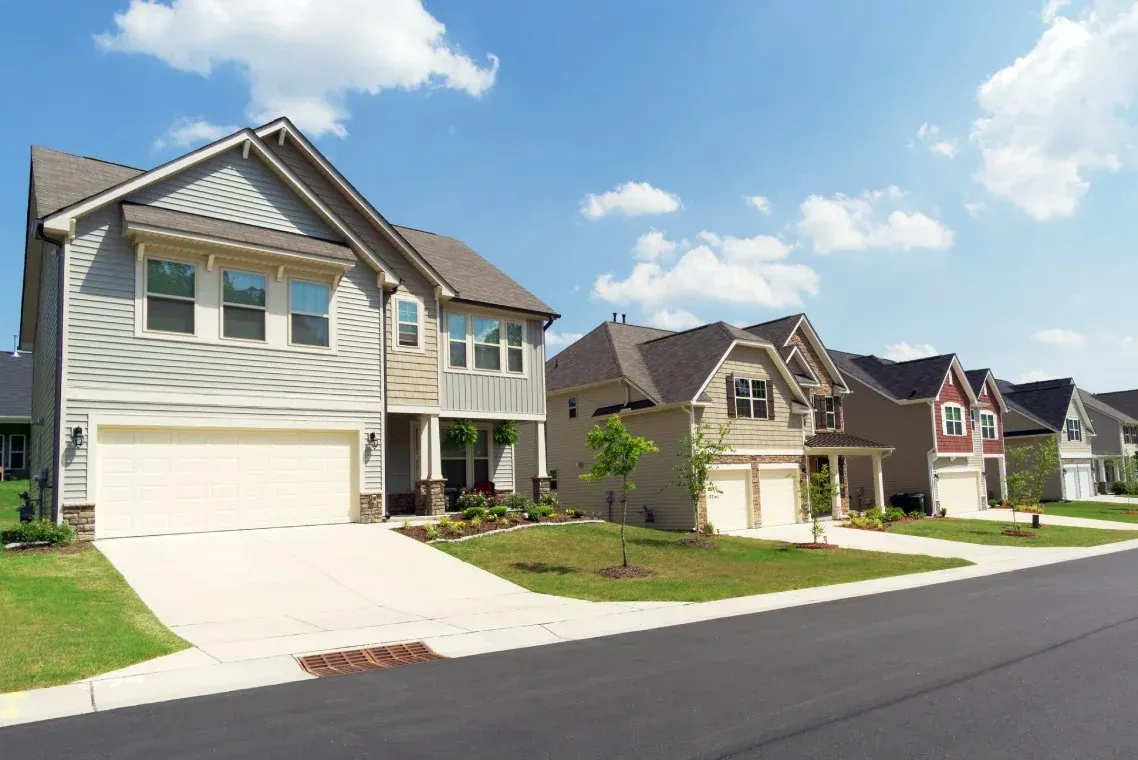Best Siding Materials for Rhode Island's Coastal Climate
The best siding materials for Rhode Island's coastal climate are fiber cement, vinyl, engineered wood, and cedar shingles. These materials withstand salt air, high humidity, temperature fluctuations, and severe weather conditions common throughout the Ocean State's coastal regions.
Why Rhode Island Coastal Climate Requires Special Siding Considerations
Rhode Island's coastal climate presents unique challenges for exterior siding materials. The state's 400 miles of coastline expose homes to salt air, high humidity, hurricane-force winds, and dramatic temperature swings that can damage inappropriate siding materials over time.
Coastal homes face constant moisture exposure from fog, rain, and ocean spray. Salt air accelerates corrosion and deterioration of metal components, while high humidity promotes mold and mildew growth. Hurricane season brings wind speeds exceeding 100 mph, requiring siding materials with exceptional wind resistance.
Temperature fluctuations between coastal and inland areas create expansion and contraction cycles that stress siding materials. Winter storms bring ice, snow, and freezing rain that can crack or damage inadequate siding systems.
Top Siding Materials for Rhode Island Coastal Homes
1. Fiber Cement Siding
Performance Rating: Excellent Fiber cement siding represents the gold standard for Rhode Island coastal applications. This engineered material combines cement, sand, and cellulose fibers to create exceptionally durable siding that withstands harsh coastal conditions.
Coastal Climate Benefits:
- Excellent moisture resistance prevents water damage and rot
- Salt air resistance prevents deterioration from ocean spray
- Fire resistance provides safety in dry conditions
- Wind resistance up to 130 mph protects against hurricanes
- Pest resistance eliminates termite and carpenter ant damage
Rhode Island Installation Considerations: Fiber cement requires professional installation with proper flashing and moisture barriers. The material's weight necessitates adequate structural support, particularly important in older Rhode Island homes.
Cost and Longevity: Fiber cement siding costs $8-$12 per square foot installed in Rhode Island. With proper installation and maintenance, fiber cement lasts 50+ years, providing excellent long-term value for coastal properties.
2. Vinyl Siding
Performance Rating: Very Good High-quality vinyl siding offers excellent value and performance for Rhode Island coastal climates. Modern vinyl formulations resist fading, cracking, and salt air damage while providing low maintenance requirements.
Coastal Climate Benefits:
- Moisture resistance prevents water infiltration
- Salt air resistance maintains appearance and integrity
- Impact resistance withstands hail and wind-blown debris
- Thermal expansion joints accommodate temperature changes
- Low maintenance requirements reduce long-term costs
Rhode Island Installation Considerations: Proper installation techniques account for thermal expansion in Rhode Island's temperature fluctuations. Quality vinyl siding includes wind-resistant features essential for coastal applications.
Cost and Longevity: Vinyl siding costs $4-$8 per square foot installed in Rhode Island. Premium vinyl products last 30-40 years with minimal maintenance, making them cost-effective for coastal homes.
3. Engineered Wood Siding
Performance Rating: Good to Very Good Engineered wood siding combines wood fibers with resins and waxes to create moisture-resistant siding suitable for Rhode Island coastal conditions when properly installed and maintained.
Coastal Climate Benefits:
- Moisture resistance prevents rot and decay
- Natural appearance mimics traditional wood siding
- Impact resistance withstands coastal storm debris
- Paintable surface allows customization and maintenance
- Sustainable manufacturing appeals to environmentally conscious homeowners
Rhode Island Installation Considerations: Engineered wood requires careful installation with proper drainage and ventilation. Regular maintenance including painting or staining is essential for coastal applications.
Cost and Longevity: Engineered wood siding costs $6-$10 per square foot installed in Rhode Island. With proper maintenance, engineered wood lasts 25-30 years in coastal environments.
4. Cedar Shingle Siding
Performance Rating: Good Cedar shingles provide traditional New England charm while offering natural resistance to coastal conditions. This classic siding material remains popular throughout Rhode Island's historic coastal communities.
Coastal Climate Benefits:
- Natural moisture resistance from cedar oils
- Salt air tolerance maintains structural integrity
- Traditional appearance suits historic Rhode Island homes
- Natural insulation properties improve energy efficiency
- Biodegradable material supports environmental sustainability
Rhode Island Installation Considerations: Cedar shingles require skilled installation with proper spacing and ventilation. Regular maintenance including cleaning and occasional treatment extends lifespan in coastal conditions.
Cost and Longevity: Cedar shingle siding costs $8-$14 per square foot installed in Rhode Island. With proper maintenance, cedar shingles last 30-50 years, making them suitable for long-term coastal applications.
Siding Materials to Avoid in Rhode Island Coastal Areas
Steel Siding
Steel siding corrodes rapidly in salt air environments, making it unsuitable for Rhode Island coastal applications. Even galvanized steel shows rust within 5-10 years of coastal exposure.
Aluminum Siding
While more corrosion-resistant than steel, aluminum siding still suffers from salt air damage and denting from coastal storms. Modern alternatives provide better performance and longevity.
Untreated Wood Siding
Natural wood siding without proper treatment fails quickly in coastal environments. Moisture, salt air, and insects cause rapid deterioration requiring frequent replacement.
Low-Quality Vinyl
Cheap vinyl siding becomes brittle and cracks in coastal conditions. Investment in quality vinyl products is essential for Rhode Island coastal applications.
Rhode Island Coastal Siding Installation Considerations
Moisture Management
Proper moisture management is critical for Rhode Island coastal siding installations. This includes house wrap, flashing, and drainage systems that prevent water intrusion behind siding materials.
Wind Resistance
Coastal areas require enhanced fastening techniques and wind-resistant installation methods. Professional installation ensures siding systems withstand hurricane-force winds common in Rhode Island.
Thermal Movement
Temperature fluctuations between coastal and inland areas require expansion joints and flexible installation techniques. Proper installation prevents buckling and cracking from thermal stress.
Ventilation
Adequate ventilation behind siding prevents moisture buildup and mold growth. This is particularly important in Rhode Island's humid coastal environment.
Siding Maintenance for Rhode Island Coastal Homes
Regular Cleaning
Salt air deposits require regular cleaning to prevent buildup and staining. Annual pressure washing removes salt residue and prevents long-term damage to siding materials.
Inspection and Repairs
Quarterly inspections identify damage from coastal storms and saltwater exposure. Prompt repairs prevent minor issues from becoming major problems.
Protective Treatments
Some siding materials benefit from periodic protective treatments. Cedar shingles may require oil treatments, while painted surfaces need regular touch-ups.
Preventive Maintenance
Maintaining gutters, downspouts, and landscaping prevents water damage and pest infiltration. Regular maintenance extends siding lifespan significantly.
Rhode Island Coastal Siding Costs and ROI
Installation Costs by Material
- Fiber Cement: $8-$12 per sq ft
- Vinyl: $4-$8 per sq ft
- Engineered Wood: $6-$10 per sq ft
- Cedar Shingles: $8-$14 per sq ft
Return on Investment
Quality siding installation typically returns 75-85% of investment at resale. Coastal properties benefit from premium materials that withstand harsh conditions and maintain appearance.
Long-Term Value
Durable siding materials reduce maintenance costs and extend replacement intervals. This long-term value is particularly important for Rhode Island coastal properties.
Energy Efficiency Considerations
Insulation Integration
Modern siding systems integrate with insulation to improve energy efficiency. This is particularly beneficial for Rhode Island's heating and cooling costs.
Thermal Bridging
Proper installation techniques minimize thermal bridging and improve overall home energy performance. This reduces utility costs and improves comfort.
Moisture Control
Effective moisture control prevents insulation damage and maintains energy efficiency. This is critical in Rhode Island's humid coastal climate.
Historic Considerations for Rhode Island Coastal Homes
Historic District Requirements
Many Rhode Island coastal areas have historic district regulations affecting siding material choices. Research local requirements before selecting materials.
Architectural Compatibility
Siding materials should complement the home's architectural style and neighborhood character. This is particularly important in Rhode Island's historic coastal communities.
Preservation Standards
Some historic properties require specific materials or installation techniques to maintain historic integrity while providing modern protection.
Environmental Factors Affecting Siding Choice
Salt Air Exposure
Properties within 1 mile of coastline face direct salt air exposure requiring the most durable materials. Inland properties may use less specialized materials.
Wind Exposure
Coastal properties face higher wind loads requiring enhanced fastening and wind-resistant materials. Professional assessment determines appropriate specifications.
Moisture Levels
Coastal humidity and fog exposure require materials with excellent moisture resistance. Vapor barriers and ventilation become critical components.
Professional Installation Importance
Local Expertise
Rhode Island coastal siding installation requires understanding of local conditions, building codes, and historic requirements. Local contractors provide essential expertise.
Quality Materials
Professional contractors have access to quality materials and proper installation techniques. This ensures optimal performance in coastal conditions.
Warranty Protection
Professional installation typically includes warranties covering materials and workmanship. This protection is valuable for coastal property investments.
Code Compliance
Professional installation ensures compliance with Rhode Island building codes and coastal construction requirements. This prevents issues during inspections and resale.
Seasonal Considerations for Rhode Island Coastal Siding
Hurricane Season Preparation
Annual preparation includes inspection, repairs, and securing loose elements. This prevents storm damage and extends siding lifespan.
Winter Protection
Winter preparation includes cleaning gutters, checking flashing, and addressing any damage from summer storms. This prevents ice dam damage and moisture intrusion.
Spring Maintenance
Spring cleaning removes salt residue and winter damage. This is the ideal time for annual maintenance and minor repairs.
Summer Monitoring
Summer monitoring identifies storm damage and addresses issues before they worsen. Regular inspection maintains siding performance.
Future Trends in Coastal Siding Materials
Advanced Composites
New composite materials offer improved performance and sustainability. These materials may become standard for Rhode Island coastal applications.
Smart Siding Systems
Integrated sensors and monitoring systems provide real-time performance data. These systems may become common in premium coastal installations.
Sustainable Options
Environmentally friendly materials continue developing, offering coastal performance with reduced environmental impact.
Enhanced Durability
Material science advances continue improving coastal siding performance, offering longer lifespans and reduced maintenance requirements.
Choosing the right siding for your Rhode Island coastal home? Rockhouse Construction specializes in coastal siding installations throughout the Ocean State. Our experienced team understands Rhode Island's unique coastal challenges and recommends the best materials for your specific location and needs. From fiber cement to cedar shingles, we provide expert installation that withstands salt air, storms, and coastal conditions while maintaining your home's beauty and value.
Contact us today for a free consultation and protect your coastal investment with professional siding solutions designed for Rhode Island's demanding coastal climate.
